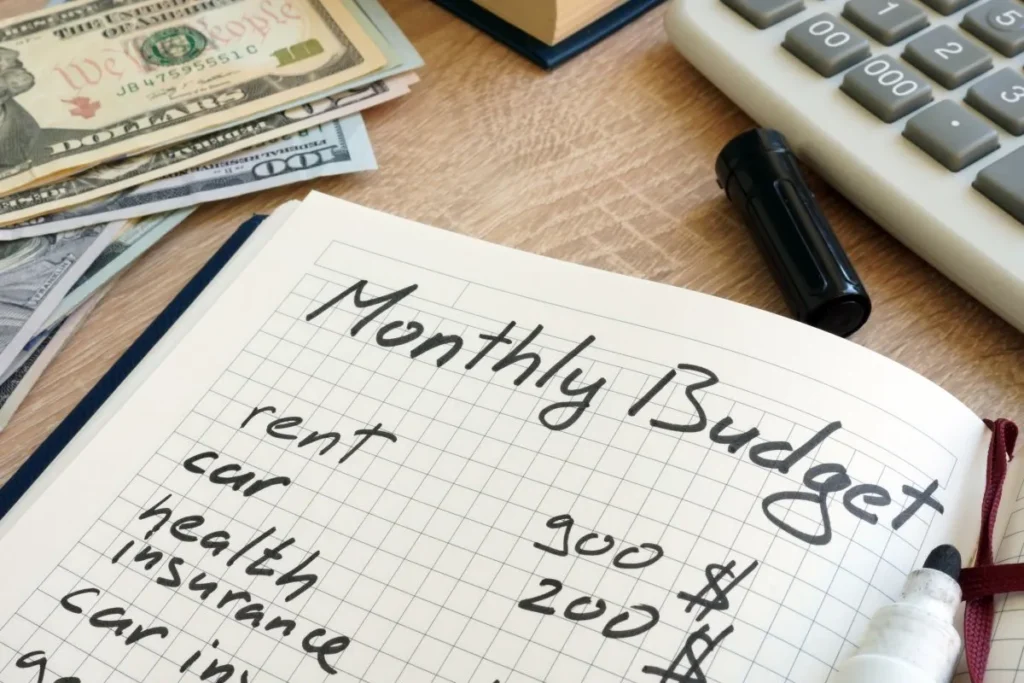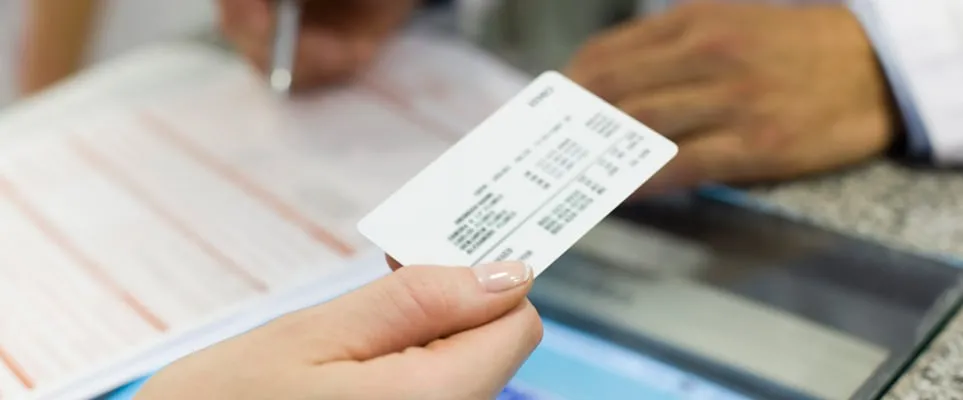Talking about budgeting and saving tips, there is a lot everyone needs to learn whether you are a pro or novice in saving to attain financial independence. Discipline is a core key to financial independence and stability, which most people practice weakly, but we can help you become stronger to achieve those long- and short-term goals.

People wish to remain financially stable and independent but several factors like impulse purchases and not understanding needs from want or frivolities are the crocks.
Before saying more, let’s have the reasons and benefits of budgeting or planning your finances right.
Why Is Budgeting Important and How to Budget?
Budgeting is the backbone of any good financial plan. It allows you a concrete, detailed glimpse into precisely what your income and expenses are so that you can manage your money. Here are some primary reasons why budgeting is so important:
1. Keeps You on Track Financially
It acts as a spending guide through which you will be able to handle money more wisely than before and avoid living beyond your means.
2. Prepares You for Financial Emergencies
Life is one delightful surprise after another, and sometimes the surprises bear tags of great expenses. Budgeting can avail you of some money reserved for emergencies so that upon the coming of such unforeseen expenses, you do not necessarily end up sinking into debt.
3. Enables You to Reach Your Financial Goals
Having a clear budget enables you to put aside money toward your financial goals, whether debt repayment, retirement savings, or a major purchase.
4. Decreases Stress Relating to Finances
Budgeting reduces stress over finances because you are in control over your money. You will know how much you make and the amount you spend every month, and this is a factor that gives peace of mind, cancelling that anxious moment when one is wondering what happens to their money.
5. Helps You Avoid Debt
A correct budget helps one to live within his or her means, thus helping them steer clear of multiple debts. You will also be less tempted to use credit cards or loans for covering regular expenses once you have laid out a plan regarding your income and expenditure.
6. Employ Tools to Assist You
The budgeting and expense tracking could be highly supported with the use of apps and tools. Apps like Mint, YNAB (You Need a Budget), and Goodbudget help automate and streamline the process of budgeting.
7. Review of Budget
The financial situation changes; so does your budget, and it should be flexible in adjusting. Review your budget on a regular basis and make changes whenever needed to ensure you are right on target with your goals.
Budgeting and Saving Tips for Everyone

Let’s get to some practical ways in which you can manage your money with more ease and develop growing savings through these budgeting and saving tips:
1. Pay Yourself First
Save a fixed amount of your income before paying bills or purchasing items. Quite simple, but it works very well as a priority rule for saving. Quite easy to say, though easier to do if you make your savings automatic by transferring a set amount into your savings account each payday.
2. Make Savings Goals You Can Actually Keep
When setting savings goals, be realistic about how much you can save each month. Making your goals too high will depress you because you will either not achieve them or give up midway. Breaking bigger goals down into smaller, achievable milestones can facilitate achieving the desired bigger goal.
3. Track Your Expenses
Track where your money is going. This gives you a clear idea of how much you are spending in each category and helps you pinpoint areas where you can cut back. The keys to sticking to a budget include:
4. Use Cash Envelope System
Cash envelopes are convenient for discretionary spending. Allocate cash for particular categories, such as entertainment, eating out, or shopping. When the cash is gone, you stop spending in that category for the month.
5. Cut Unnecessary Subscriptions
Review all the services and subscriptions you are paying for. Are there any streaming services, magazine subscriptions, or memberships that you are not actively using? Cancel those to free up more cash for saving.
6. Buy in Bulk and Save
Buying in bulk saves money in the long run, especially on items used frequently, whether it is household goods or foodstuff that is not perishable. To many, it may appear a larger upfront expense, but it is a decent way to save money over time.
7. Use Coupons and Discounts
Keep the most value from coupons, discount codes, and cashback apps for regular purchases, like Honey or Rakuten. Small discounts add up with time to help pay within your budget.
How Much Should I Save Every Month?

Though that also varies from individual to individual, here is the general guideline:
- Aim for 20%: Using the 50/30/20 rule, one is allowed to save up to 20% of one’s income in a month. This 20% may then be divided further among the many financial goals someone may have in mind, such as building up an emergency fund, saving up for retirement, or even paying off debt.
- Emergency Fund First: Set up an emergency fund if you don’t have one yet. Most financial experts say that you should save enough money to last three to six months of living expenses in case something happens to your job, in case you have medical emergencies, or when some unexpected costs come up.
- Adjust for Your Goals: If you have big goals in terms of finance, then you need to adjust your savings rate. For example, if you save for a big purchase, you will have to save more than 20% of your income for some time.
Remember, it is not about saving much every month; rather, it’s all about saving consistently, even when one cannot afford to save much. Small savings add up with time, with improvements in one’s financial situation.
Conclusion
Learning how to budget and save effectively will give the independence to acquire financial security and achieve all of your goals. Devote a small amount of time to tracking each expense, eliminate unnecessary spending, and transfer money into your savings account.
By investing the time to track your expenses, cutting out unnecessary costs, and allocating funds towards your savings, you’ll be better poised to take control of your finances.
Pay yourself first, set realistic goals, and keep yourself organized with budgeting tools. Save for an emergency fund, make a big purchase, or invest for the long term-follow these tips to financial freedom.







